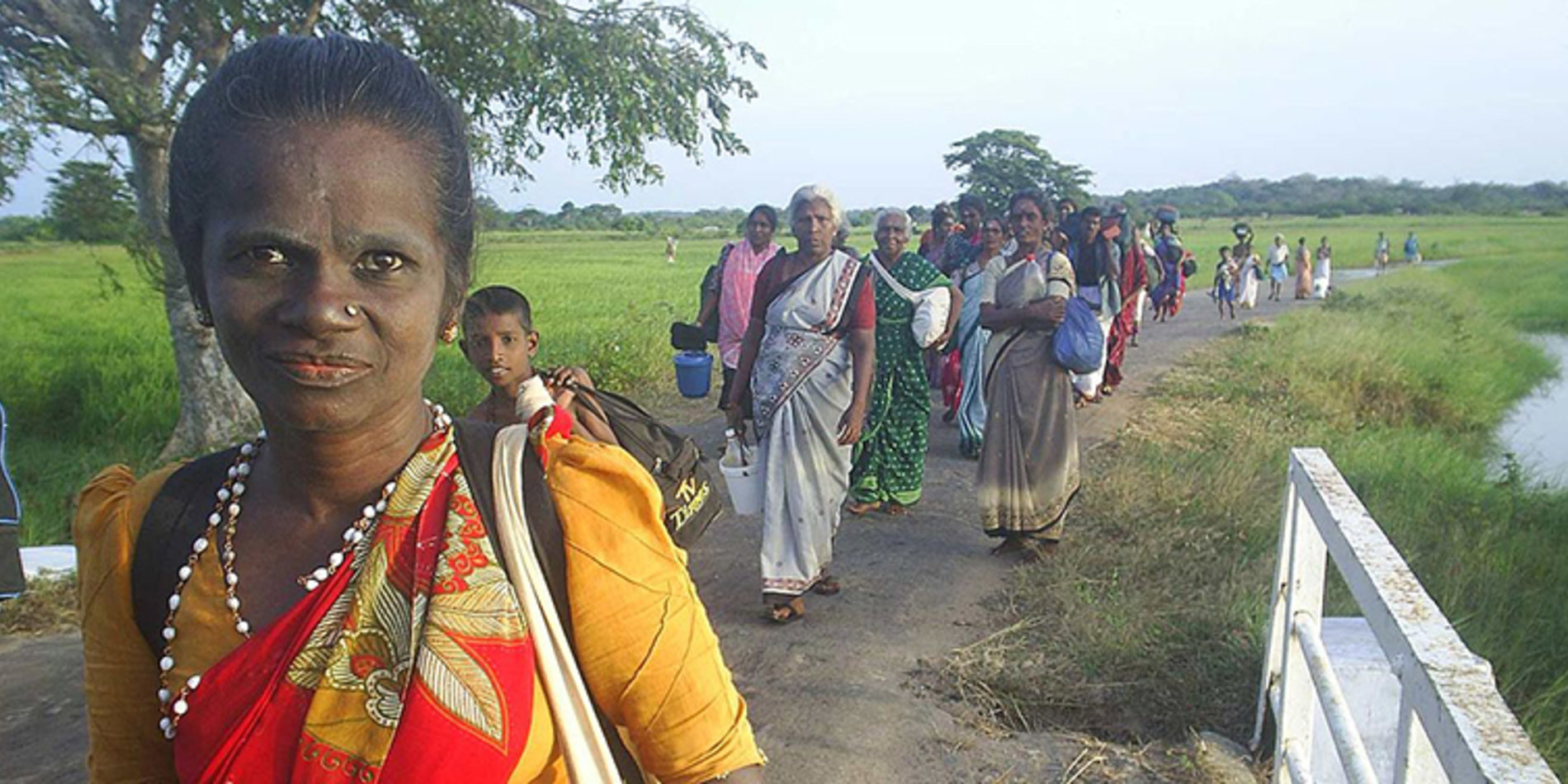ANTHRO 27N: Ethnicity and Violence: Anthropological Perspectives
General Education Requirements
Not currently certified for a requirement. Courses are typically considered for Ways certification a quarter in advance.
Course Description
Ethnicity and race are the most compelling and most modern ways in which people all across the world—in the midst of considerable global and local uncertainty—imagine and narrate themselves.
This seminar will take an anthropological look at both the modernity and the compulsions of ethnic allegiance, and why struggles over ethnic identity are so frequently violent.
We will also examine the relationship between ethnic and racialized identities and structures which create differential experiences and outcomes for different communities.
Our questions will be both historical—how, why, and when did people come to think of themselves as possessing different ethnic identities—and contemporary—how these identities are lived, understood, narrated, and transformed, and what the consequences of such ethnicization are. We'll follow these questions through anthropological perspectives that persistently ask how people themselves locally narrate and act upon their experiences and histories. Anthropology focuses on the ground level experience of ordinary people.
We will approach some of the really big and yet everyday questions that many of us around the world face: how do we relate to ourselves and to those we define as others? How do we live through and after profound violence? The seminar will use a global perspective, focusing on the US, Rwanda, India, Sri Lanka, Northern Ireland, and the countries of former Yugoslavia, among others. These cases cover a broad canvas of issues from questions of historicity, racial purity, cultural holism, and relations to the state, to contests over religious community, indigeneity, minority identities, globalization, gender, and generation.
Meet the Instructor: Sharika Thiranagama

Sharika Thiranagama is an Associate Professor of Anthropology at Stanford. Her research has focused on various aspects of the protracted Sri Lankan civil war and examined the effects of civil war on ideas of home in the midst of profound displacement; transformations of familial experiences and ideologies through gender and generational conflicts, such as experiences of trauma, child-recruitment, mass displacement, and death and disappearance within families; and the effects of political violence and terror on ordinary minority lives and public speech. Her book, My Mother's House: Civil War in Sri Lanka, was published in 2011. Her current work focuses on South India and the effects of long histories of stratification, caste, community and class, in contemporary life.



